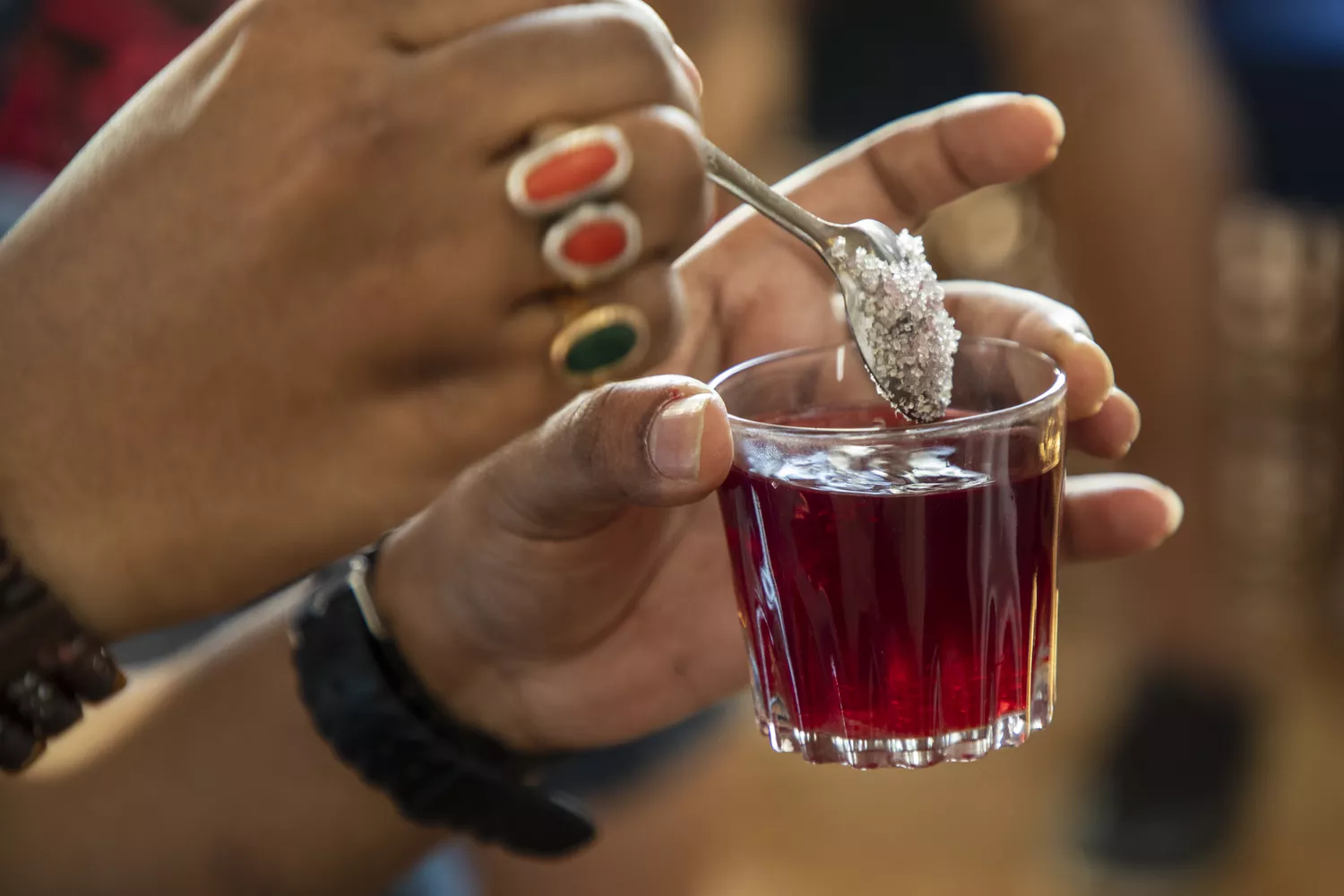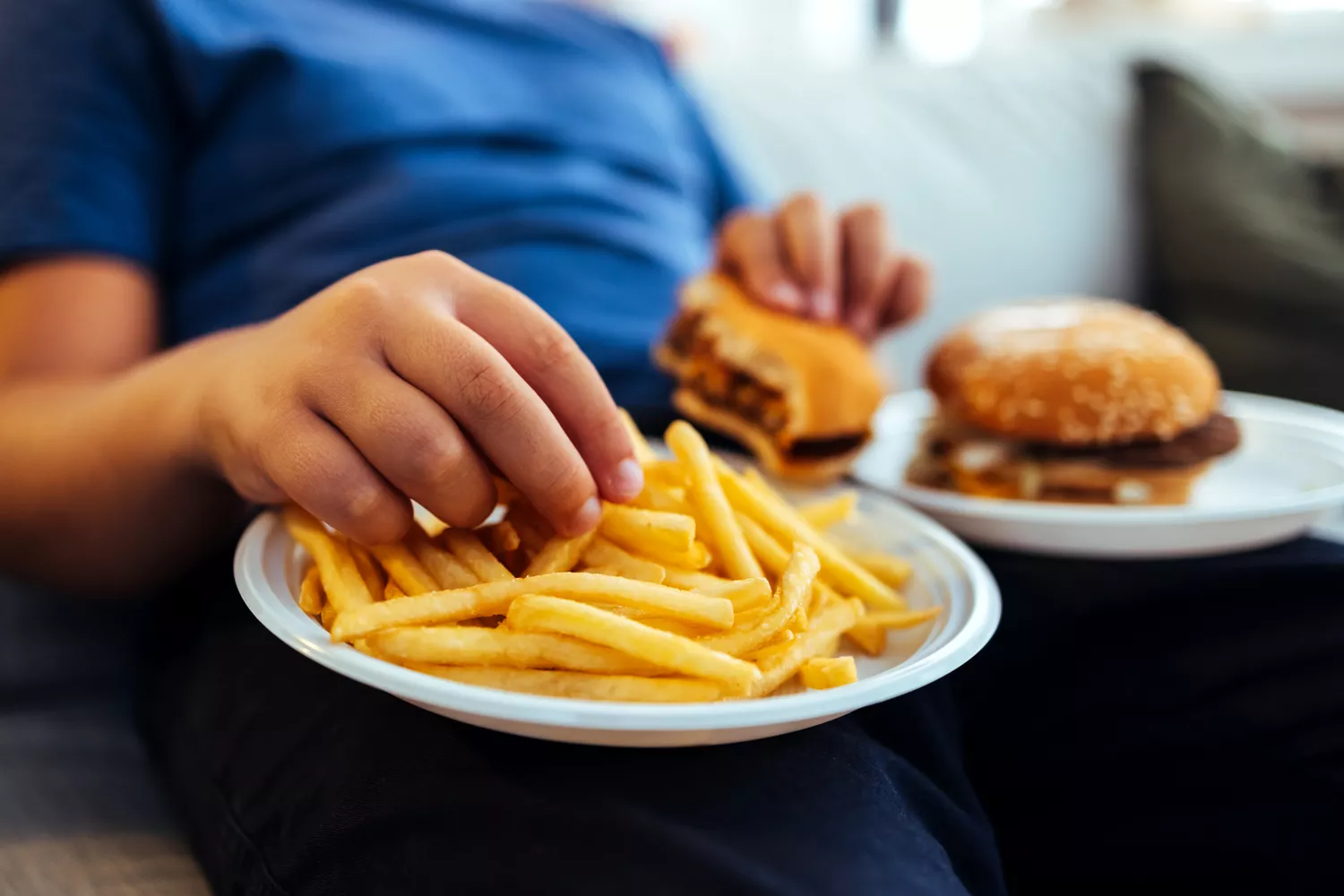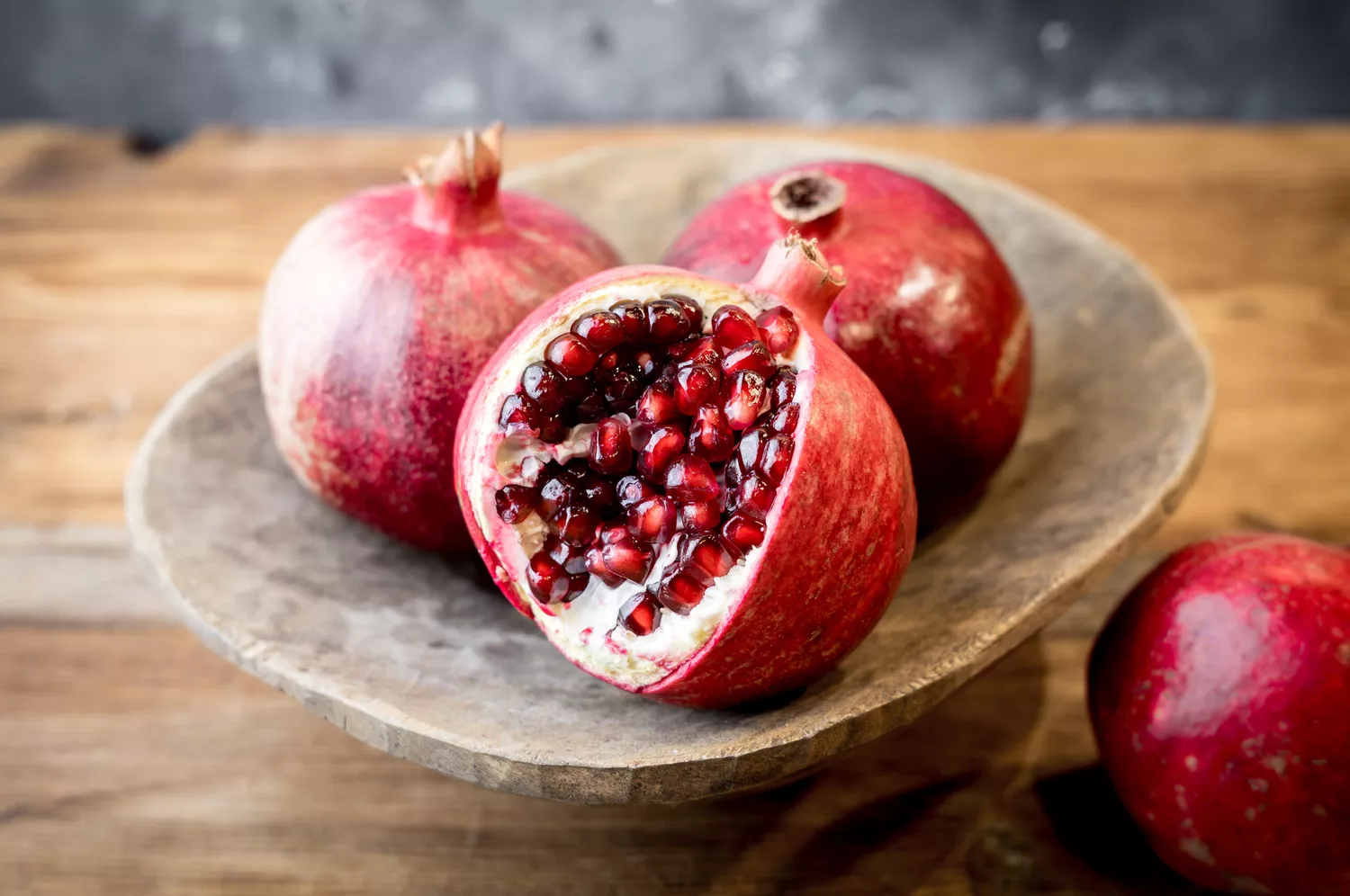Sugar alcohol is a compound normally located in fruits. It is also readily produced and included in foods and beverages. Due to the fact that sugar alcohol offers a sweet taste, it can be made use of as an alternative to sugar and other sugar.1.
Sugar alcohol might be contributed to products like sugar-free desserts, cereals, salad dressings, flavorful yogurts, and sugar-free sodas. It’s likewise commonly utilized in oral treatment items due to the fact that the compound can benefit dental health and wellness.
While sugar alcohol has less calories than sugar and does not spike glucose and insulin, side effects may occur with higher doses. Understanding sugar alcohol’s benefits and dangers can assist you choose the most effective alternatives for your wellness.1.
Sorts Of Sugar Alcohol.
Presently, 7 sugar alcohols are frequently used in the food, drink, and pharmaceutical industries. Kinds of sugar alcohol include:2.
Xylitol.
Sorbitol.
Mannitol.
Maltitol.
Lactitol.
Isomalt.
Erythritol.
Sugar alcohol has actually been utilized as a sugar choice for some time. For instance, in the USA, mannitol was authorized in 1950, and xylitol was accepted in 1960.3 Some individuals started seeking sugar choices like sugar alcohol to minimize their sugar intake since consuming excessive sugar has been connected to adverse health and wellness impacts like kind 2 diabetic issues and hypertension (hypertension).4.
Sugar alcohols can be readily created in a few ways, consisting of natural fermentation by germs or yeast, removal from plants, or chemically transforming sugar.2.
Sugar Alcohol vs. Various other Sugar.
Sugar alcohols are a type of sweetener. Various other sorts of sweeteners include:.
Natural sugar like maple sugar and honey.
Artificial sweeteners like aspartame.
Unique sweeteners like stevia and monk fruit remove.
Sugar alcohols have differences and similarities with various other sweeteners:5.
Beginning: Sugar alcohols (in addition to unique sweeteners) can be originated from natural resources or generated unnaturally. However, sweetening agents are just made unnaturally.
Sweetness: Sugar alcohols, other than xylitol, are not as pleasant as sugar. Some sweeteners can be as much as 20,000 times sweeter than sugar. For that reason, sugar alcohols are usually less sweet than sugar and other sweeteners.6.
Blood glucose effect: Sugar alcohols, sweetening agents, and novel sweeteners have absolutely no or less calories than sugar. They typically have little or no result on blood glucose degrees.
Gastrointestinal results: Microorganisms in the colon partly damage down sugar alcohols, which can trigger digestion signs and symptoms such as gas, bloating, and looseness of the bowels. Both sugar alcohols and other sugar might cause stomach (GI) problems in some individuals.
Dental health and wellness: Sugar alcohols, artificial sweeteners, and unique sweeteners do not add to dental cavity. Nevertheless, just sugar alcohols have a safety result on oral wellness. On the various other hand, all-natural sugar contain sugar, which feeds acid-producing microorganisms, adding to dental caries.
Uses.
In the food industry, several components are included in foods to boost preference, quality, or health and wellness. Active ingredients are authorized when proof supports they do not damage health in all, or a minimum of at specific doses.
Sugar alcohols are not only utilized to increase the sweetness of foods and drinks. Their chemical framework and attributes are handy in lots of means. Sugar alcohols are made use of in:2.

Sugar-free foods and drinks: Sugar alcohols are typically utilized in sugar-free and diabetes-friendly products. Because they are partially damaged down, they have couple of or no calories.
Food manufacturing: Sugar alcohols are used as food additives to preserve foods’ physical and chemical attributes. As an example, isomalt is used as a bulking and anti-caking representative, and maltitol is utilized as a fat substitute due to the fact that it gives a luscious appearance.
Dental care products: Tooth paste and mouth wash can have sugar alcohols like xylitol, sorbitol, or mannitol. The ingredient improves taste, texture, and shelf life. It also benefits dental health and wellness. Germs in the mouth digest sugars, producing acid. An acidic environment can harm the teeth and create degeneration. Sugar alcohols are not as conveniently absorbed by microorganisms, so they do not add to an acidic setting. Xylitol also lowers the mouth’s level of acidity, advertising a healthier oral environment.
Drugs: Sugar alcohols can make some medicines or wellness items taste far better. They also enhance moisture retention, quantity, and texture. Some sugar alcohols, like sorbitol, can be used in medicines as a result of their laxative effects. One more instance is xylitol, which is made use of in cough medicine, throat lozenges, and chewable vitamins. Mannitol is utilized in breath-freshening products due to the fact that it gives a cooling feeling.
Sugar Alcohol Advantages.
Sugar alcohols are connected with wellness advantages when not eaten in high dosages.
Among the biggest benefits of sugar alcohols is that they can help regulate blood glucose (sugar), which is critical in handling diabetes. High-sugar foods can trigger spikes in blood sugar and insulin levels, making it difficult to maintain target blood glucose degrees. Sugar alcohol has a marginal effect on blood glucose.
Sucrose, a type of sugar, has a glycemic index of 69 and an insulinemic index of 48. These high ratings suggest sucrose can surge both glucose and insulin degrees. Sugar alcohols have a glycemic index of 0-35 and an insulinemic index of 0-27, so they have little influence on blood sugar and insulin levels.7.
However, not all sugar-free or no-sugar-added items with sugar alcohol are good choices for diabetes mellitus since they may still have carbohydrates that affect blood sugar levels.
Sugar alcohols are also a dental-friendly substitute for sugar in dental products. Xylitol can specifically contribute to oral wellness. It antagonizes bacterial attachment to the surface of teeth (enamel), strengthens teeth with minerals (remineralization), and advertises saliva production, which protects teeth.8.
Dangers and Problems.
All 7 sugar alcohols have a Generally Acknowledged as Safe (GRAS) condition from the U.S. Fda (FDA). This means they’re safe for their meant use.9 Nonetheless, some people might experience side effects, specifically if they eat too much of the active ingredient.
Sugar alcohols are partly soaked up in the small intestine. The remainder are fermented by bacteria in the colon, producing gas. Taking in a great deal of sugar alcohol can cause signs and symptoms such as gas, stomach pain, flatulence, and looseness of the bowels.10.
There is also some proof that suggests sugar alcohol may raise the risk of cardiovascular conditions like cardiac arrest and stroke. This might be due to the fact that xylitol and erythritol can trigger uncommon function of platelets (a type of blood cell), which can cause cardio occasions.11 Nonetheless, even more study– specifically in people– is needed.
Appropriate Daily Intake of Sugar Alcohol.
Not every sugar alcohol is similarly well endured. Some cause adverse effects in smaller dosages than others. For instance, sugar alcohols such as erythritol, xylitol, maltitol, and isomalt are generally well tolerated approximately 50 grams (g) a day. However, sorbitol and mannitol might trigger digestive symptoms in smaller sized dosages, such as 20 g daily.
The FDA does not define an Appropriate Daily Intake (ADI) for sugar alcohols. The European Food Safety Authority (EFSA) is reassessing safe dosages for sugar alcohols. For instance, EFSA’s re-evaluation of erythritol was ended in 2023, and the record showed that 0.5 grams per kilo (kg) of body weight of erythritol is not most likely to trigger unfavorable effects.12.
You can examine the active ingredient checklist and nourishment realities tag. Some suppliers willingly tell how much sugar alcohol is present in an item and what sort of sugar alcohol it is.



